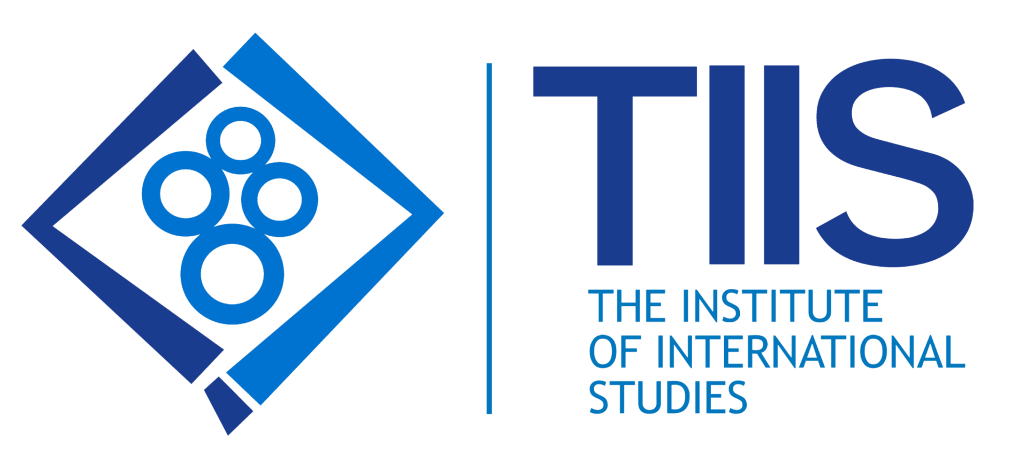Master of Business Administration (MBA)
CRICOS Course Code: 107617M
- Course Duration: 2 years
- Number of Subjects: 16
- Delivery Mode: On campus
- Campus: Sydney or Melbourne
- Intakes: January, March, May, July, September, November
The Master of Business Administration (MBA) prepares graduates to identify, delineate and manage complex challenges faced by organisations in the current and future business environment. Consistent with the professional nature of graduate business program environments, it prepares graduates for memberships in affiliated associations.
Overview
Careers
- Business Consultant
- Strategic Manager
- Marketing Director
- Operations Manager
- Entrepreneur
Learning Outcomes
Knowledge
Understand the complexities of managing people, resources, and capital in today’s evolving business and socio-political environment.
Consolidate key principles in strategic planning, marketing, management accounting, information systems, and business law.
Demonstrate applied research skills in quantitative and qualitative research methods.
Skills
Critically evaluate theoretical, social, legislative, and ethical frameworks shaping business governance.
Apply business knowledge to formulate cost-effective solutions to routine and complex issues.
Undertake systematic investigations to build robust business information and decision-making systems.
Interpret and effectively communicate business intelligence, governance issues, and systems to diverse audiences.
Analyze contemporary issues through business management perspectives, methodologies, and
theoretical knowledge, showcasing judgment and informed decision-making.
Application of Knowledge and Skills
Provide expert advice from various sources for informed business decision-making.
Generate alternate management scenarios using analytic tools and diverse perspectives.
Plan and execute a substantial research-based project on a contemporary business theme.
Apply leadership, communication, and interpersonal skills across various business settings.
Engage in continuous learning and reflection, fostering new insights into professional practice.
Contact us
Level 4, 22 Market Street,
Sydney, NSW 2000
Level 1, 112 Newquay Promenade, Docklands, VIC 3008
Programme
Course Design and Structure
Students will complete 13 compulsory core subjects. For those students taking a specialisation, Business Capstone Project (MBA 609) will be directly linked to their specialist area; in effect provide a four-subject specialist sequence.
UNIT CODE
UNIT NAME
CREDIT PTS.
MBA - Core Subjects
78
Electives
Students will be required to complete 3 electives. Students may choose any 3 subjects from the elective bank (free electives) or group them within specialist streams. It should be noted that specialist streams will NOT be formally recognised on the testamur as part of the award title.
MBA – Elective
UNIT CODE
UNIT NAME
CREDIT PTS.
Marketing & Entrepreneurship Stream
Global Business Stream
APPLY
01
Gather Documentation
Begin your journey by gathering all the necessary documents as per TIIS entry requirements.
02
Application Submission
Complete our application forms and send them to TIIS via email.
03
Approval Process
If you meet our requirements, TIIS will issue a Letter of Offer.
04
Fee Payment
Secure your place by paying your tuition fees. Upon payment, you’ll receive a Confirmation of Enrolment (COE).

